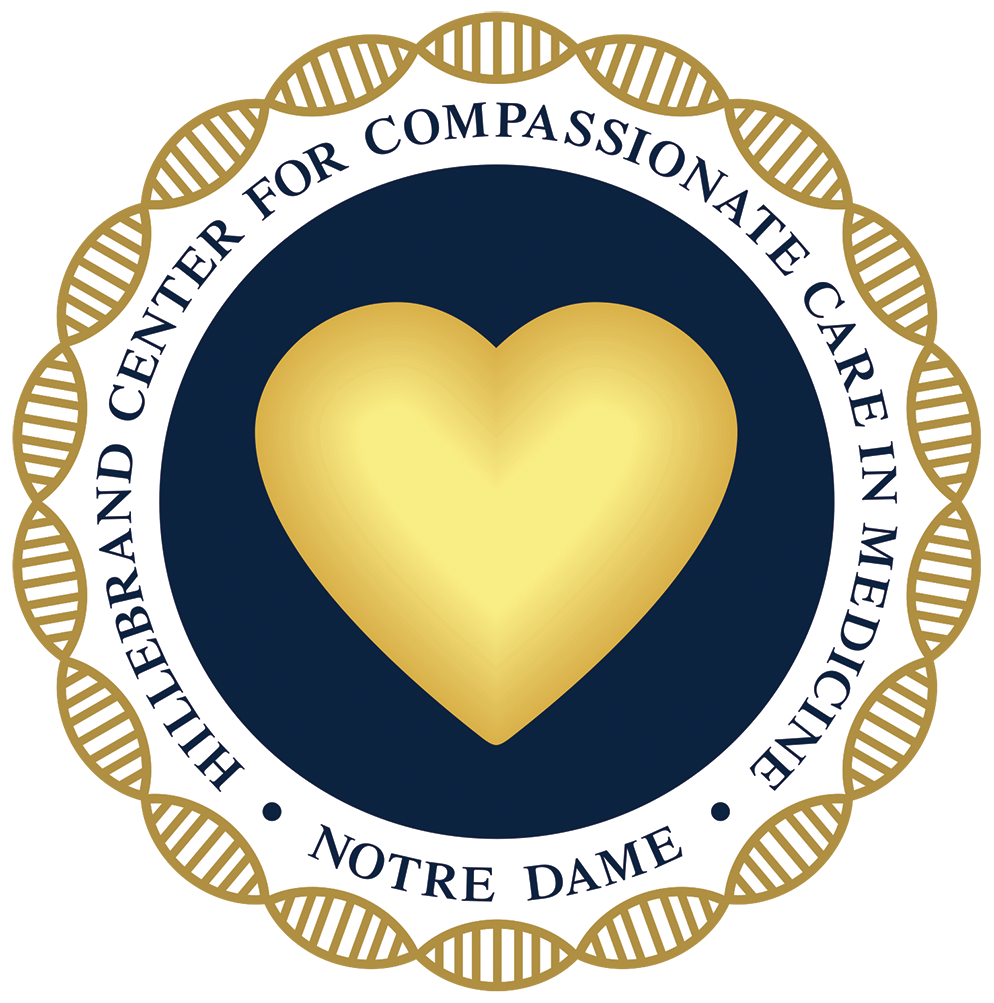2019 Capstone Projects
Joshua Gillen - Compassionate Care and The "Other"

The average physician, a white, middle-aged male, does not always resemble the patient across from them in the examination room. If a physician has certain biases towards groups considered “other”, this may affect their delivery of care at either an explicit or implicit level that leads to less compassionate and suboptimal treatment of “others”. Compassion is an essential part of the caring process and can impact health outcomes of patients. The Clinical Compassion Mindset process is the process in which the physician moves through several steps during an encounter with a patient, usually very rapidly and even automatically, in order to determine whether they will respond compassionately towards that patient. At every stage of the Clinical Compassion Mindset process, the ability of a doctor to respond compassionately to their patient is influenced by dimensions of “otherness” between the doctor and their patient. Attitudes about people of different cultures, ethnicities, races, genders, religions, socioeconomic statuses, weights, and illness statuses can all influence how a doctor treats and cares for their patients. If the physician allows implicit and/or explicit biases against certain groups to interfere with their ability to acknowledge, resonate with, and respond to the pain of a patient who may not resemble them, the physician risks falling out of the Clinical Compassion Mindset and may not optimally treat that patient. While cultural differences may interfere with the physician’s ability to properly recognize and respond to the pain of their patient, becoming familiar with the health-oriented practices of “other” groups can help reduce biases and grow compassion towards “others”. Biases against women, minorities, and those of lower socioeconomic status, for example, have been linked to poorer health outcomes of these groups when physicians fall out of a compassionate mindset by focusing on such differences over the response to the patient’s pain. As society becomes more globalized, the probability of doctors interacting with patients who do not resemble them has increased. The ability of doctors to recognize and respect those differences will be integral for the delivery of compassionate care to patients of all backgrounds. Cultural competency programs in medical schools and increased representation of minorities in medicine have helped to make the “other” more familiar to the average doctor, but even small steps of engaging with others of different backgrounds can help make medical care more equitable and compassionate for all.
Jacqueline Townshend - The Mitigating Power of Compassion Against Shame in Medicine

The primary goal of medicine is to heal. Clinicians use medications, procedures, and surgeries as tools in the prevention, management, and curing of disease, and they focus on altering the patient’s physiology from a pathological or ‘abnormal’ state to a healthy or ‘normal’ state. While modern medicine prioritizes the biological and behavioral mechanisms of disease, it often ignores other factors that contribute to the overall health of the patient and how the structure of medicine and the delivery of treatment impacts is receptiveness and effects on health and well-being. One such factor is the role that stigma and shame play in the medical encounter. The medical encounter is a particularly vulnerable situation for the patient and thus provides ample room for the power of shame to impact the clinical encounter. Shame is a particularly powerful emotion that can impact the social, psychological, behavioral, and physiological states of the patient and impede the effectiveness of treatment. The role of the physician and the healthcare system as a whole is critical in not only preventing but also mitigating the effects of shame in medicine. Compassion is one tool that can be used to directly oppose the effects of shame through social, psychological, behavioral, and physiological mechanisms. Compassion and shame have opposing effects and implications in medicine, but their mechanisms of action within the body are opposite, and compassion can act as a mitigating effect for shame in medicine through a variety of clinical, organizational, and individual interventions.
John Underwood - Applying the Clinician Compassion Mindset Process to Facilitate Optimal Treatment of Substance Use Disorder

Substance Use Disorder is an overwhelmingly prevalent condition that has only recently become classified among other mental disorders. Residual stigmatization of this condition lingers and continues to propagate throughout society today. The underlying purpose of this report is to provide a thorough analysis and application of the Clinician Compassion Mindset Process, a detailed method prioritizing the delivery of compassionate care in medicine, in the treatment of a specific condition. However, by describing the modern understanding of the pathophysiology, causes, and clinical therapies of Substance Use Disorder and uniting that well-informed understanding with the Clinician Compassion Mindset Process, this research serves a dual-purpose to directly challenge the stigmatization and misperceptions of Substance Use Disorder from clinicians and society as a whole. This walkthrough of the Clinician Compassion Mindset Process is primarily targeted toward medical professionals and pre-medical students although the content is also well-suited for patients, patient families, and a wide array of other audiences.
.

